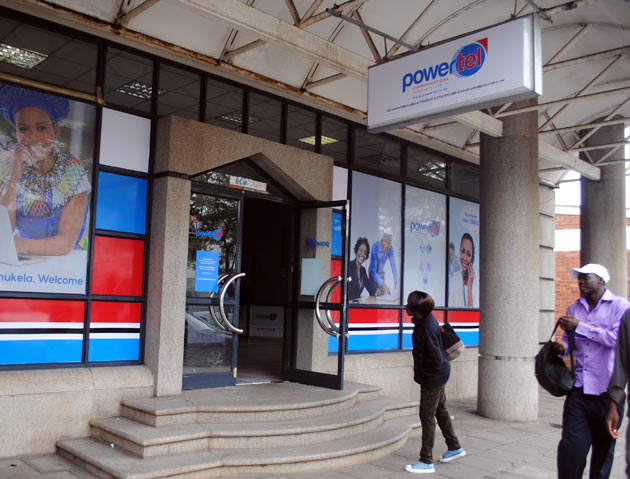Collaborations key in building responsible businesses
AN increasing number of businesses have bought into the idea of corporate social responsibility (CSR). It is a growing trend where more and more items like groceries, clothing and learning materials are being channelled to communities and the less privileged. Firms that previously took CSR as options have joined the trend of donations, with communities benefiting a lot.
However, an equally important trend has been taking shape in the corporate world, and companies have been encouraged to seriously look into this as they operate.
This trend involves building sustainable business operations that take into consideration crucial issues like climate change and environmental protection.
This article explores the difference between CSR and sustainability, which are two different things that have been confused by some firms.
CSR
Sustainability or sustainable development is about “meeting the needs of the present without compromising the ability of future generations to meet their own needs”.
“Futuristic” is the best way to describe this definition, as opposed to that of CSR where the idea is mostly focused on charity, which alleviates current social problems.
This is necessary, but it does not solve the underlying challenges.
This is why it does not qualify to be defined as sustainable development.
It is also important to note that there are other organisations that have made efforts to embed sustainable development in CSR activities.
An example is where an organisation takes the initiative to drill boreholes for a community struggling with accessing clean water.
This is a very noble move because the community will have access to safe water.
However, this does not address the fact that besides the borehole, the community’s water could be unsafe and also that the community may not be able to repair the borehole in the event that it fails.
Sustainability then becomes a collective effort, which calls for governments, corporates and civic societies to come together and create long-lasting solutions for the communities in question.
Here are a few comparisons between the two aspects:
CSR is a marketing function, while sustainability is both marketing and operational.
To be seen as a good corporate citizen, you must talk about what it is that you have done for communities after making money.
Marketers have been using CSR to enhance brand perception by various stakeholders.
However, sustainability should be engraved in strategy and day-to-day business practices to minimise even the impact that business operations have on the economic, social and environmental scales.
CSR can involve one company, while sustainability requires collaboration.
It has been the norm for organisations to carryout CSR as a single entity and reaching out to the less-privileged to donate what they can.
In sustainability terms, partnerships cannot be overlooked because development of a great and long-term magnitude in any community has more than one pillar.
Guidelines to the United Nations’ Sustainable Development Goals list partnerships as the final nail in the coffin for the achievement of sustainable development.
Lawmakers, captains of industry, academics, civic societies and community leaders have a part to play.
CSR looks back to solve problematic outcomes while sustainability looks ahead to avoid creating problems.
Many CSR beneficiaries are people who have turned out to be “victims” of situations they did not create, some potentially from unsustainable actions implemented in the past.
There is definitely need to assist these people and lessen their burdens through the CSR concept.
A good example would be victims of natural disasters, which are argued to be the results of climate change triggered by unsustainable business or survival practices employed in the immediate past or even before our time.
On the other hand, sustainable development aims to reduce environmental impact for social or economic gain to ensure that climate change effects do not occur or negatively affect human and animal populations.
CSR is financed in retrospect while sustainability is financed as part of business operations.
Depending on their country of operation and industry, organisations are mandated to spend at least 1% or 2% of profit from the previous year on social responsibility initiatives.
In that regard, they need to look at needy areas in societies to help.
After a business that destroys the environment generates profits, 1% won’t be too much to ask for.
Should a business have a five-year plan or strategy, the same should incorporate measures on how the bottom-line will be achieved cognisant of social, economic and environmental issues.
All this is not to say that CSR is unnecessary, it is truly noble, and it contributes to poverty reduction.
It gives hope to victims of situations they did not create.
However, there is need for all stakeholders to clearly distinguish and understand the concepts of sustainability, shared value and other related aspects so that more can be done simultaneously.-newsday










